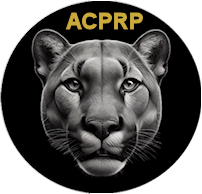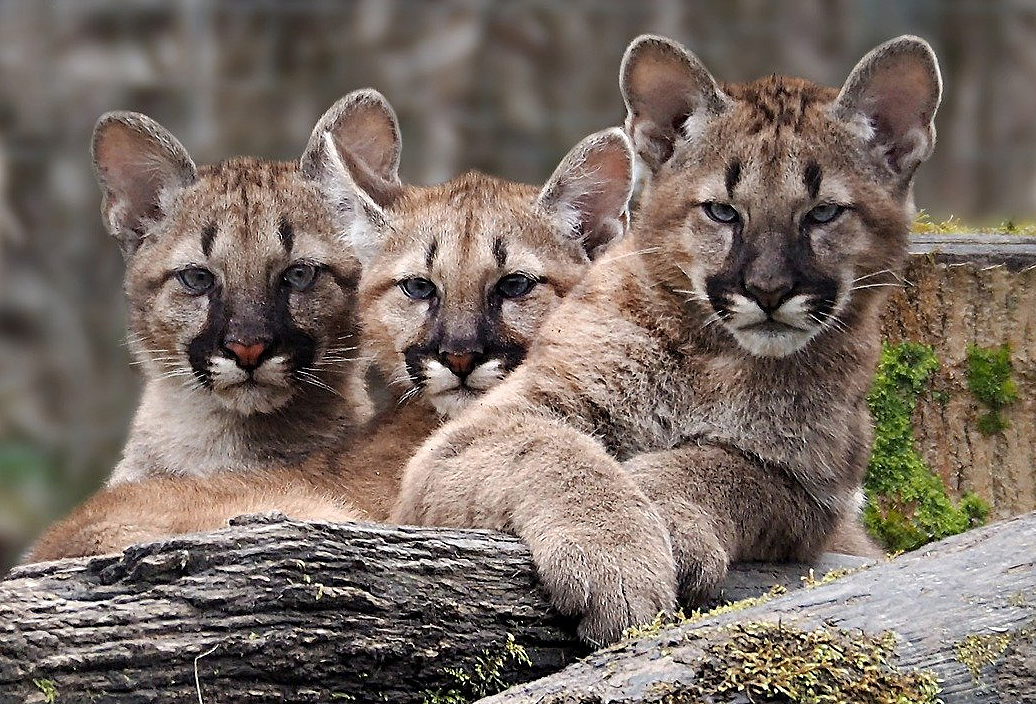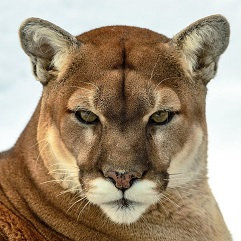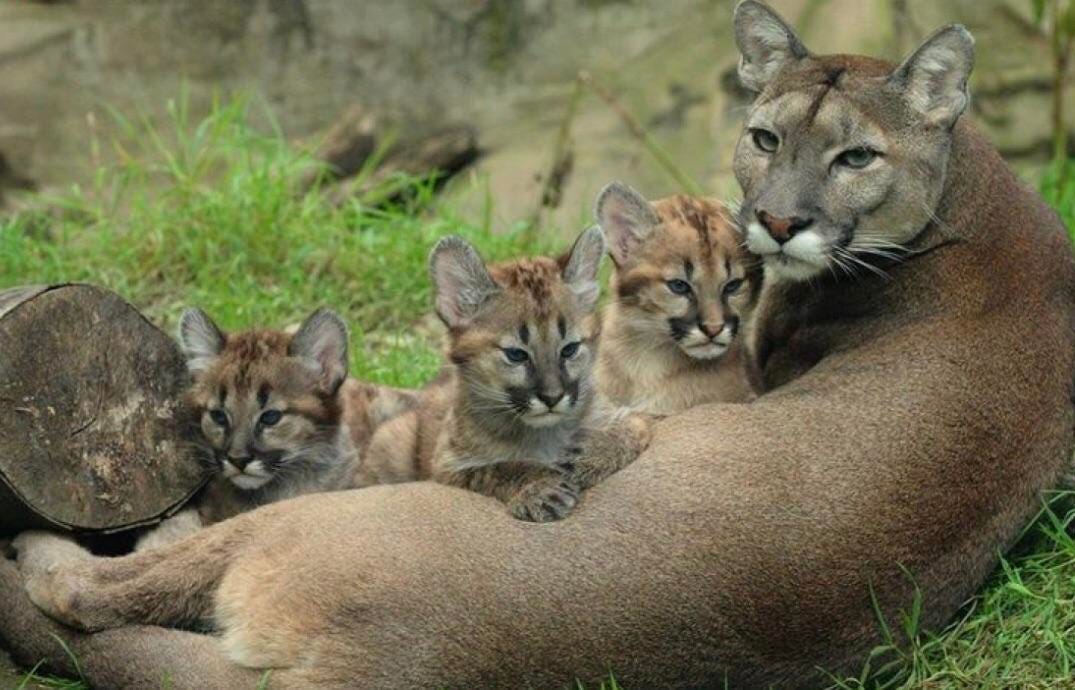
American Cougar Panther
Restoration Project
American Cougar Panther
Restoration Project

Our Mission Statement:
Our mission is to diligently establish crucial support and execute effective tactics that contribute to the triumphant recovery of the Florida Panther and Cougar populations within their original habitats across the Southeast Midwest and Eastern and North Eastern United States.
Florida Panther: All You Need To Know. By Animal Facts Youtube
Restoration of a key native predator to the Eastern landscape.
As an intrinsic part of the ecosystem, will help us better manage Deer populations by removing diseased animals from the population. Based on published research and to help control invasive feral pig populations which have devastating impacts to natural communities across the United States. In some situations reducing human vehicular collisions by reducing the prey species on grassy highway right of ways according to previous documented research.

Our Goal!
ACPRP American Cougar Panther Restoration Project.
We value land for the recreational experiences it affords, the well being it provides our families, the support for our ways of life, the ecological benefits it delivers to our communities, and for the wildlife it sustains. Land and wildlife unites us and enhances our quality of life. Our collective desire is to pass these tremendous benefits and our outdoor experiences on to successive generations. ACPRP is both an approach and a coalition. Members and stake holders have diverse goals and values, including economic profit and sustainability, hunting, fishing and other outdoor recreation,
conservation, national security, and public service, but we all must come together around common conservation interests and a sense of good land stewardship. Our goal is to demonstrate to policy makers, funders, conservation groups, and the public and private sectors that investments in collaborative conservation protect land and the values we ascribe to it.
Wildlife belongs to all Americans. In meeting the responsibility to ensure the future of wildlife, Federal and State governments often use regulations to protect and manage species. Regulations have an important role in our history of conserving the abundance and diversity of our nation’s fish and wildlife resources and ensuring access and opportunity to enjoy them, thus safeguarding our rich natural heritage for current and future generations. But, regulatory action often does not promote collaboration, which is necessary to achieve the level of conservation required to ensure the future of wildlife. Indeed, regulatory inflexibility can create a counterproductive and adversarial tension as landowners try to balance their individual priority needs with public expectations for conserving wildlife. Across our country, and especially
in the eastern United States, the future of wildlife depends heavily on private landowners and partnerships.
Each of these landowners value different essentials from their lands,
whether it’s farming, timber, energy, economic profit, hunting and fishing, national defense preparedness or any of thousands of other uses. Working collaboratively towards conservation goals can conserve wildlife species and help support all of our shared values and ownership objectives on private lands.
In a striking parallel to the conservation legacy of President Theodore Roosevelt, our current President, Donald Trump, has the potential to become a key figure in the protection of our nation’s wildlife. Roosevelt, known as a great lover of the outdoors and an avid hunter, was instrumental in creating numerous national parks and reserves to safeguard America’s natural beauty and rich biodiversity. Similarly, President Trump, could leave an indelible mark on the annals of conservation by stepping in to save the Florida Panthers and Eastern Cougar, by establishing habitats from the states east of the Mississippi all the way to the Canadian border. In doing so, to start he would need to challenge the stances of two key organizations: the US Fish & Wildlife Service (USFW) and the Florida Wildlife Commission (FWC). Both organizations have termed the issue controversial, with the latter often sidestepping the topic. This is a call for President Trump to stir these stagnant waters in favor of conservation and protection of our diverse wildlife.
A MUST READ:
How panthers and cougars affect chronic wasting disease and benefit states that have CWD.
For information or to support our cause, call 352-207-1709 or send an email to acprp@mindspring.com.
Lions Of The East (Documentry) Youtube.
Purpose Statement
A collaborative approach, along with appropriate and effective incentives that recognize the benefits landowners provide to America’s wildlife, can help landowners keep working lands working. This approach realizes the economic and cultural benefits of working landscapes, allows recreational opportunities, and contributes to the enhancement of important habitats. Collaboration that promotes this essential balance of mutual gain among partners is more successful in providing conservation at the scales needed and will be more sustainable than a relationship relying on regulatory approaches alone or at all.
This model with partnerships will initially focus on sharing successes and best practices, encouraging the use of existing incentives, suggesting new approaches and incentives, and providing capacity and support to implement actions designed to preclude the need to list at-risk species and recovering endangered and threatened species. Outreach and communication about successes by the coalition is of paramount importance. We will work to keep forests, farms, ranches and defense installations working for people and
wildlife.
With demonstrated success creating regulatory flexibility and incentives around at-risk and listed species, we foresee broadening our scope in the future and translating the success of this approach to other areas.
ACPRP hopefully can help conservation in America. We will learn where collaborative conservation is working well and provide a framework to make collaborative conservation the way that government, landowners, industry, and society develop and work together towards common goals.
Copyright © 2024 acprp.org 501c Approved 03/2024 (N24000004537) 99-2513577

